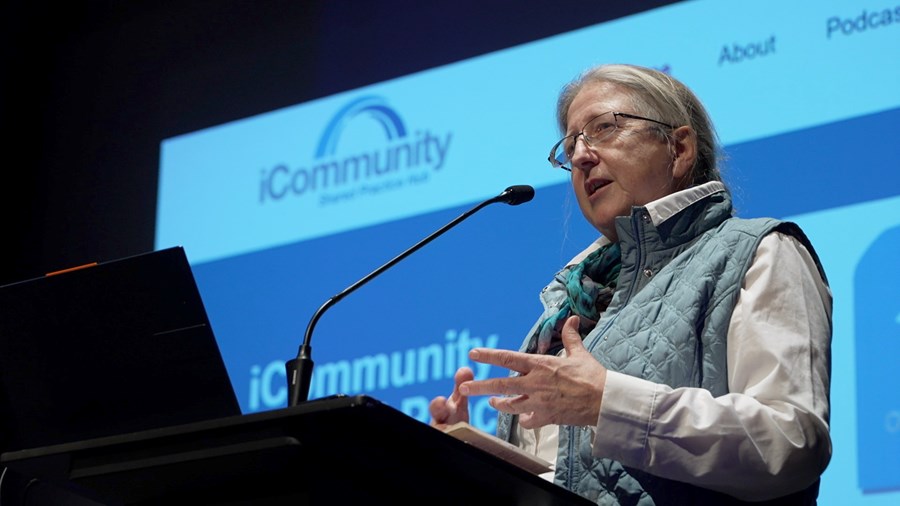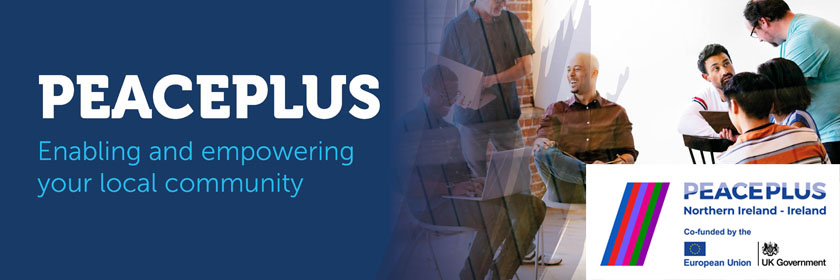Towards a Diverse and Vibrant Media Landscape

It goes without saying that constructive all-island dialogue relies on good communication. What transpires on either side of the border impacts people across the island, but careless reporting has the potential to create polarised discourses. Journalists have a responsibility to create a diverse and vibrant media landscape that recognises the complexities and realities of issues affecting people in both jurisdictions. Not only that, but there is a need to ensure that stories which represent the real lives of communities make it onto their desks.
In April the Irish Government’s Shared Island Unit held a dialogue on media representation across the Island of Ireland, held in Dublin. The event staged journalists, media sector leaders, and political and civil society representatives from Northern Ireland and the Republic of Ireland.
Director of News and Current Affairs at RTÉ News Deirdre McCarthy said at the event that coverage of Northern Ireland is a “huge priority” for the broadcaster, a commitment that was echoed by Pat Leahy, Political Editor of The Irish Times. The consensus was that all-island coverage was the standard for larger outlets whilst it is only normal for smaller ones to focus on their own regions. Nevertheless, it was agreed that media representation across the island needs to be developed – not only in terms of its extent, but the manner in which jurisdictions are represented.
“Partition is very much reflected in the media in this country for a range of reasons”, said Ireland’s press ombudsman Susan McKay. It is typically the most uncompromising and controversial views that make the front pages, but panellists reinforced the need for good values and standards in media that don’t align with political divisions.
Indeed, media representation of Northern Ireland has a tendency to come through the narrow prism of sectarian politics and give the impression that some views are more widely held that is felt on the ground. Controversy is ubiquitous and concern was raised that social media has the potential to aggravate division, driving a ‘ghettoization’ of media consumption that compounds the mistrust of other communities.
In contrast, panellists at the dialogue noted that there was less of an interest from the north in political discourses coming from Dublin. Editor of the Belfast News Letter, Ben Lowry, said that where cross-border coverage was concerned, his paper was more intrigued by human interest stories than political developments in the south. This is an opportunity for the community and voluntary sector because there is, of course, more to talk about than politics.
There are plenty of elements in a society that deserve to be covered, including health, education, the environment and culture. These sorts of stories look beyond political divisions that might otherwise dominate the news, offering more approachable and relatable coverage. Since the community and voluntary sector represents the breadth of society, it is in prime position to offer the kinds of stories that might expand the narrative.
At The Wheel’s recent Summit, speakers discussed the importance of effective storytelling in the community and voluntary sector. They explored communication strategies for building public trust and support, touching on the challenges that charities face in getting their message heard in a crowded and competitive media landscape
Presenting at the Summit, The Irish Times journalist Shauna Bowers spoke about how charities and community groups can work to get journalists’ attention. Stories about shared issues like the costs living crisis are precisely what might give a better view of the breadth of issues faced by people in both jurisdictions.
The climate and biodiversity crises are similar examples. Speaking to iCommunity, journalist and communications consultant Iva Pocock noted that “If we are to radically transition on this island to a fair and climate friendly way of life we need to know each other’s current stories regardless of political borders”. Environmental reporting was highlighted during the shared island dialogue as an opportunity for collaborations in which best practices and valuable lessons could be shared across the board.
A major step towards the diverse media landscape envisaged by panellists at the shared island dialogue was networking. If there is a need for more stories about the real lives of communities, then here is an opportunity for the community and voluntary sector to step up. There are extensive community networks across the island that must now equip themselves to feed their successes and learnings to journalists, moving them beyond the lens of division towards more relatable and representative storytelling.


